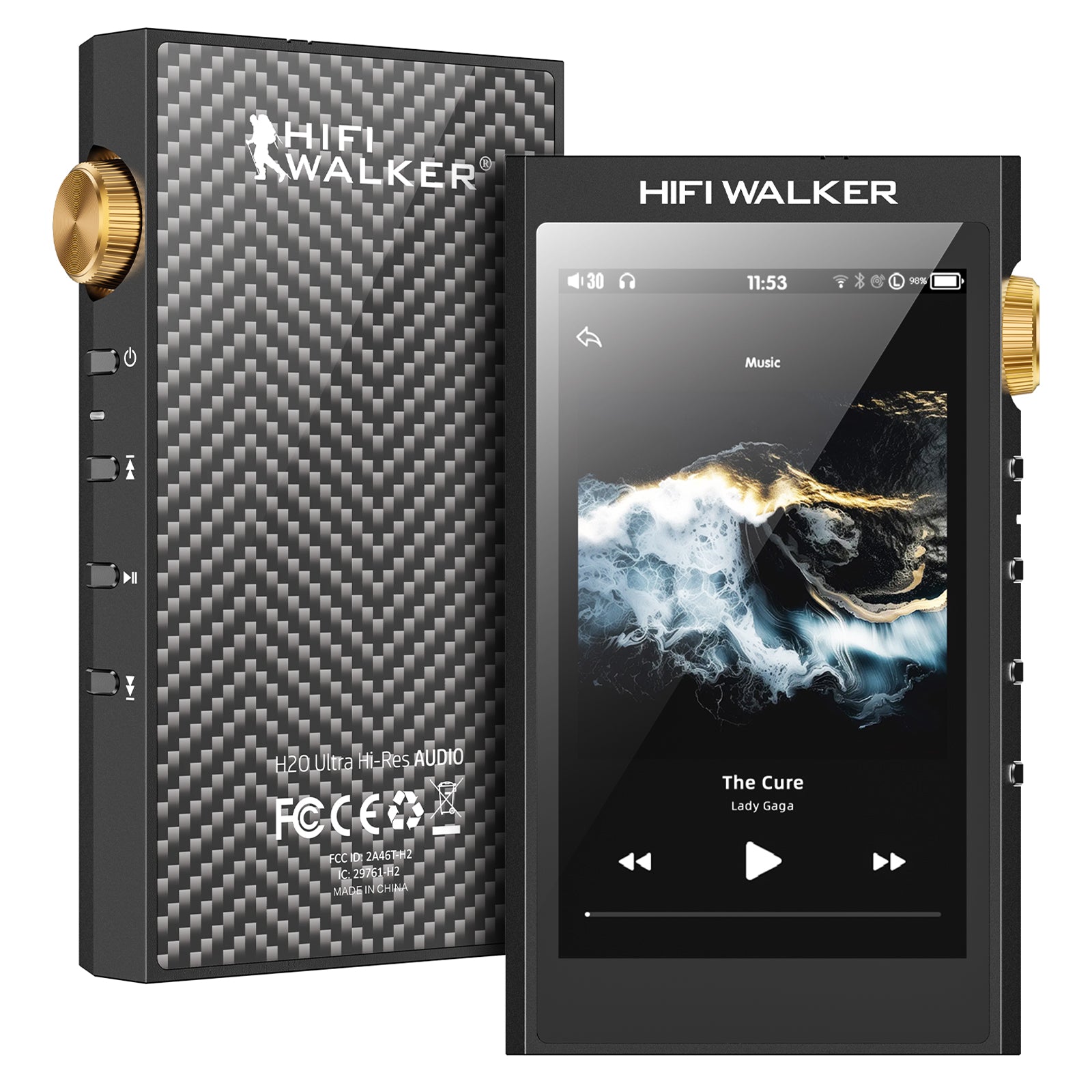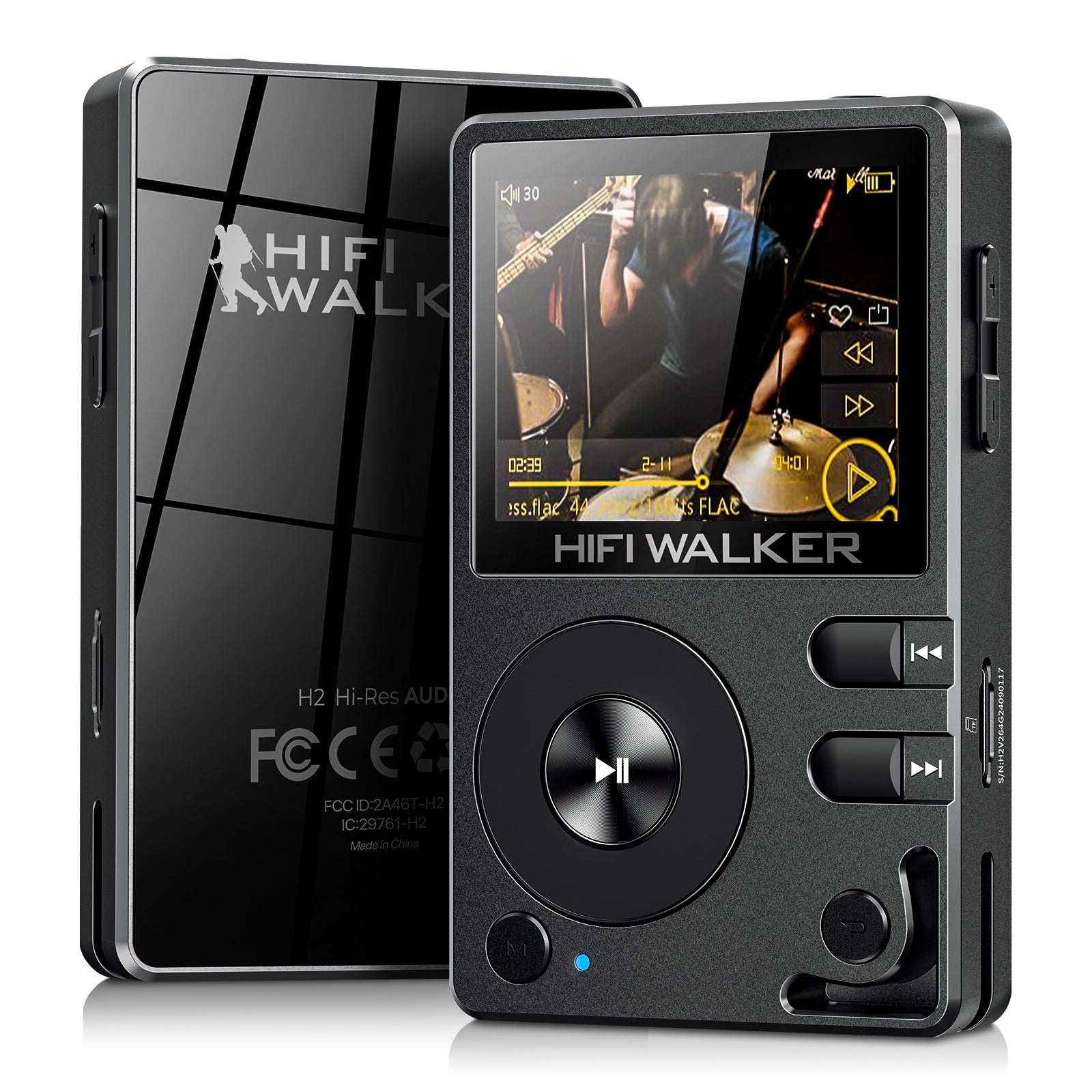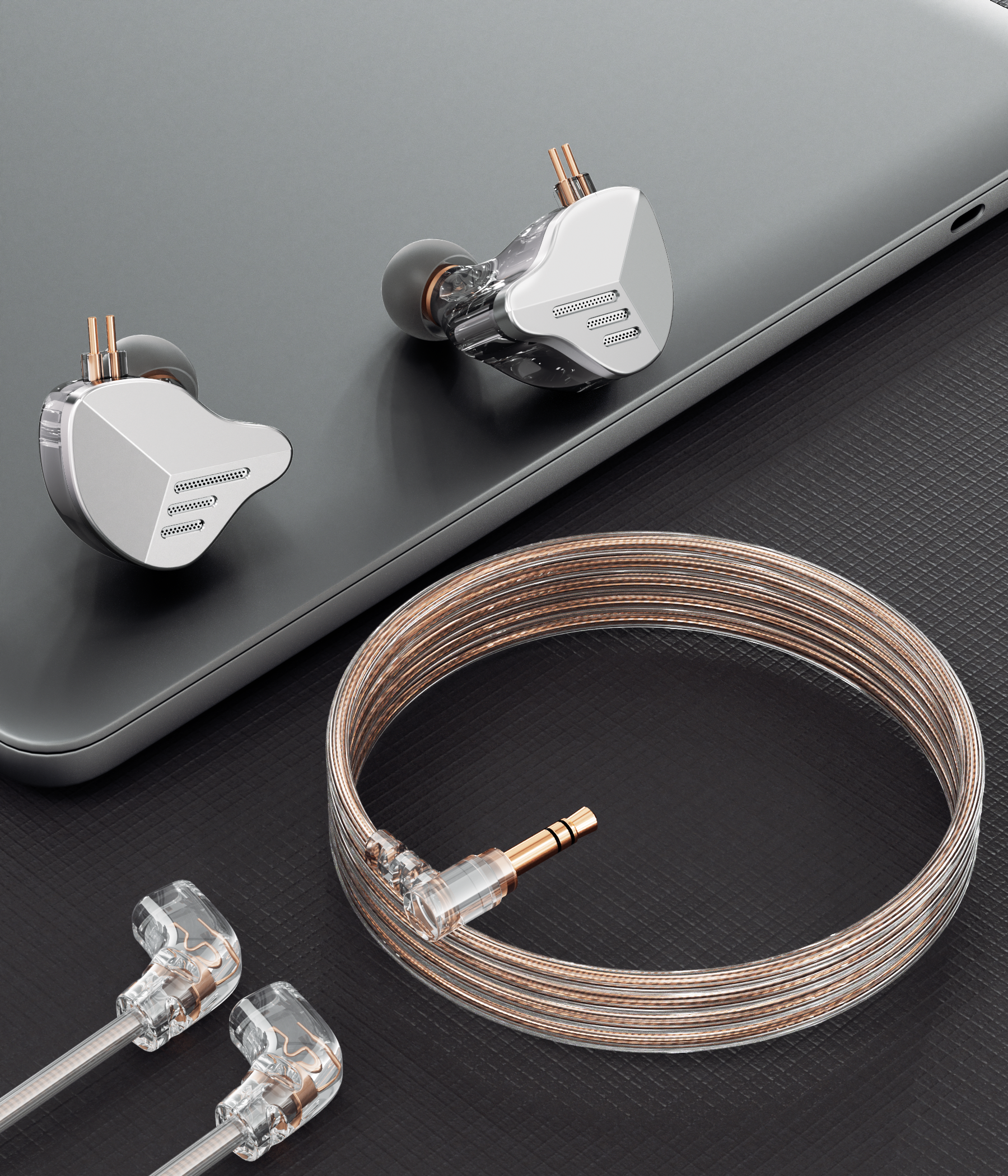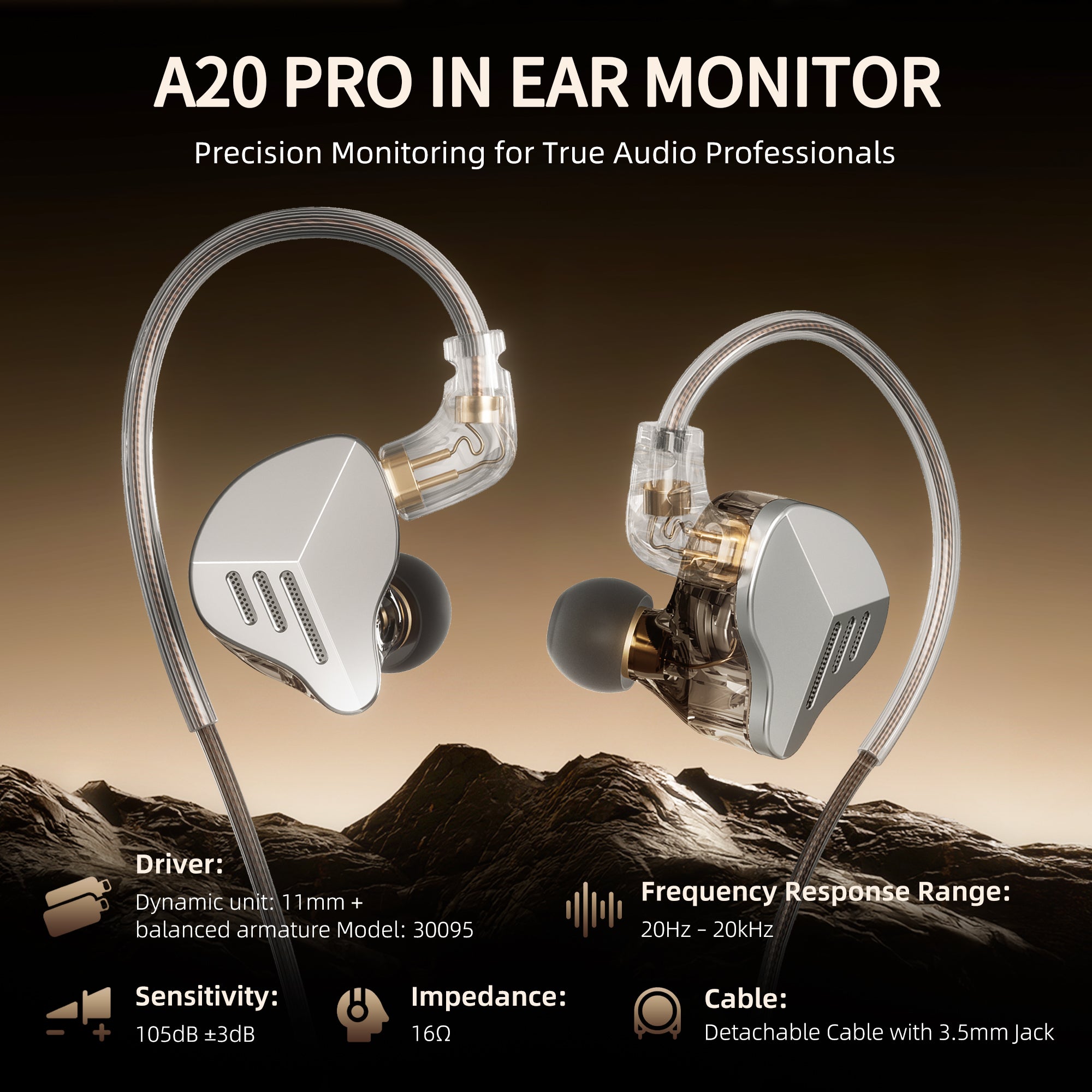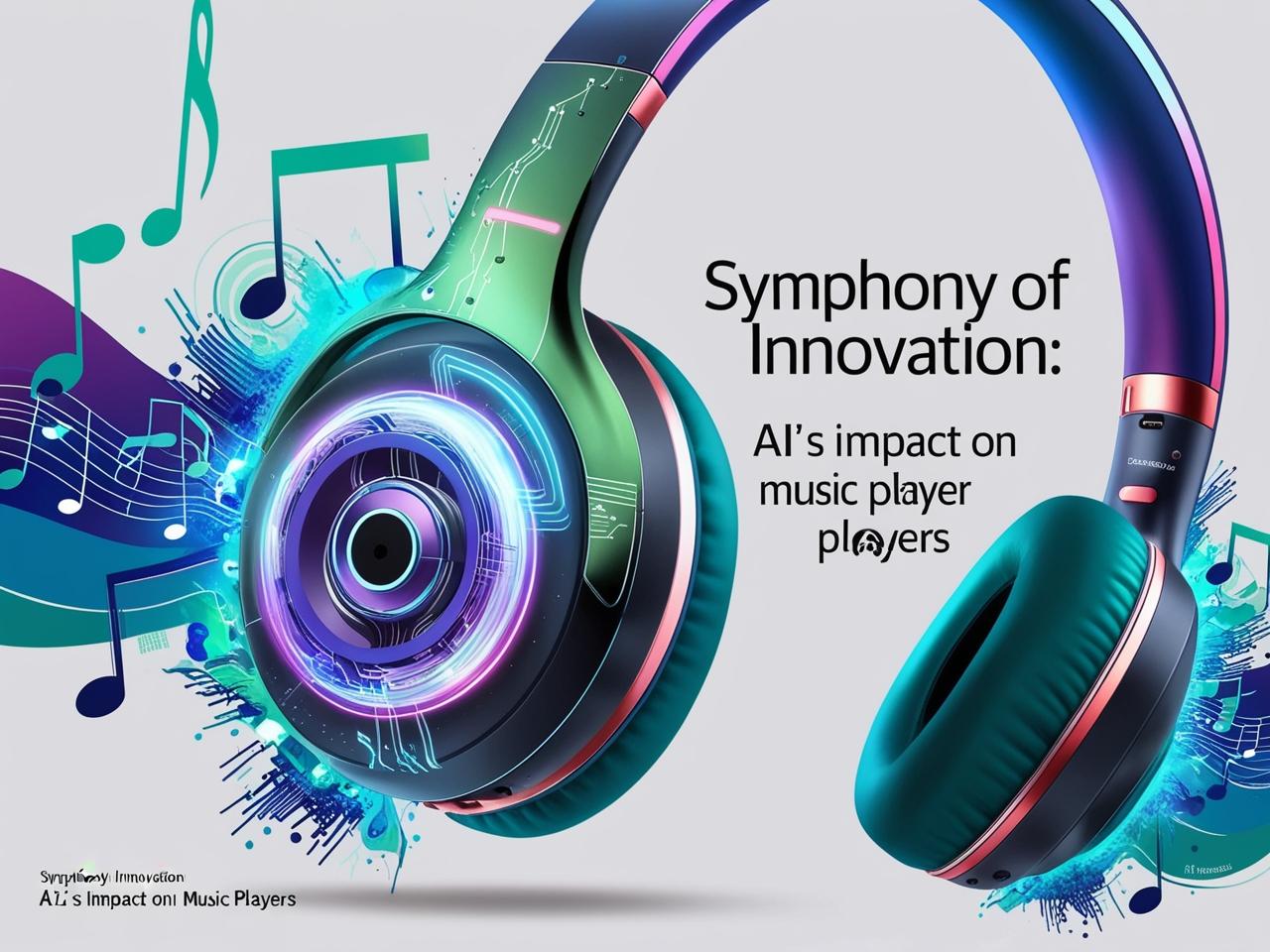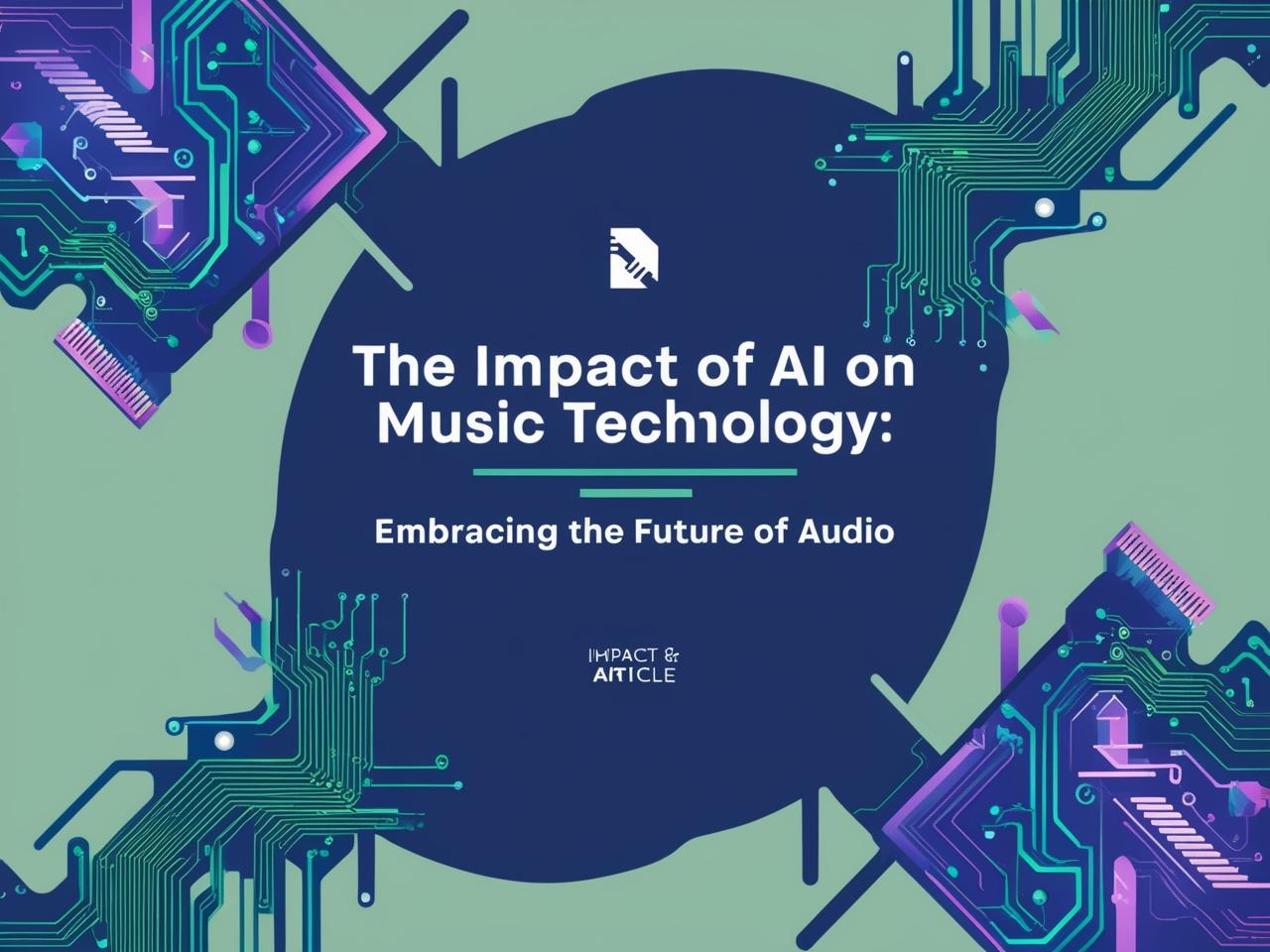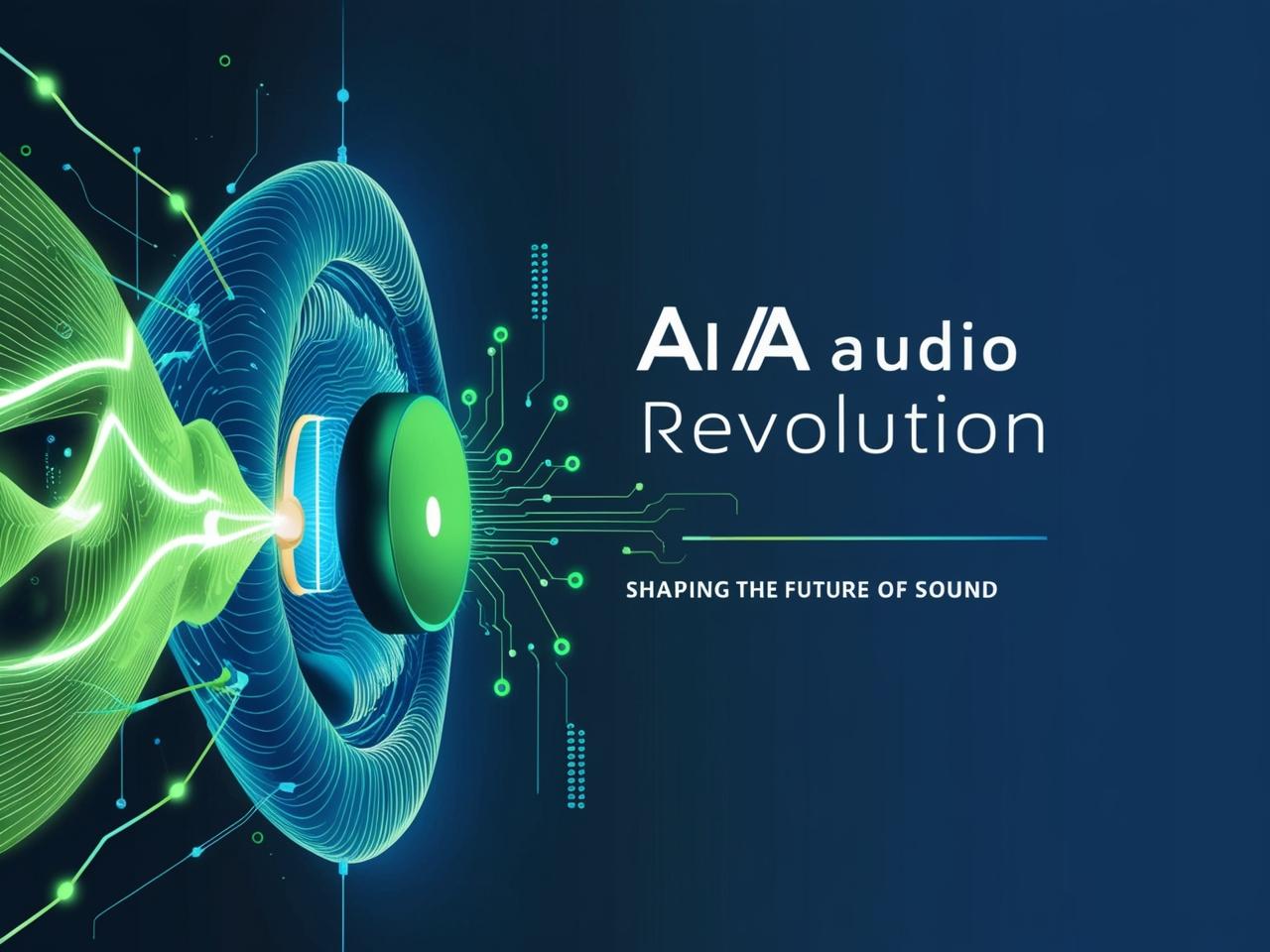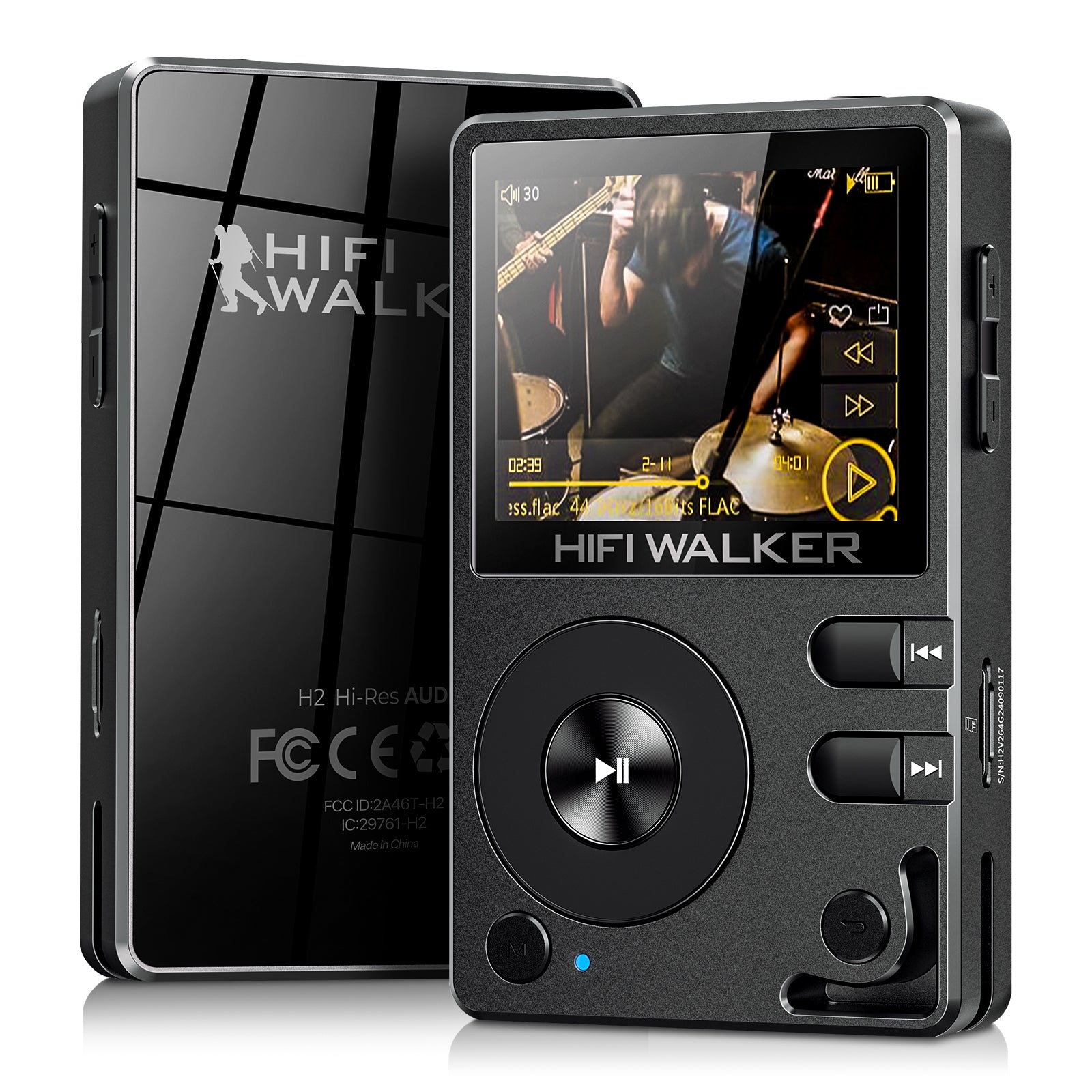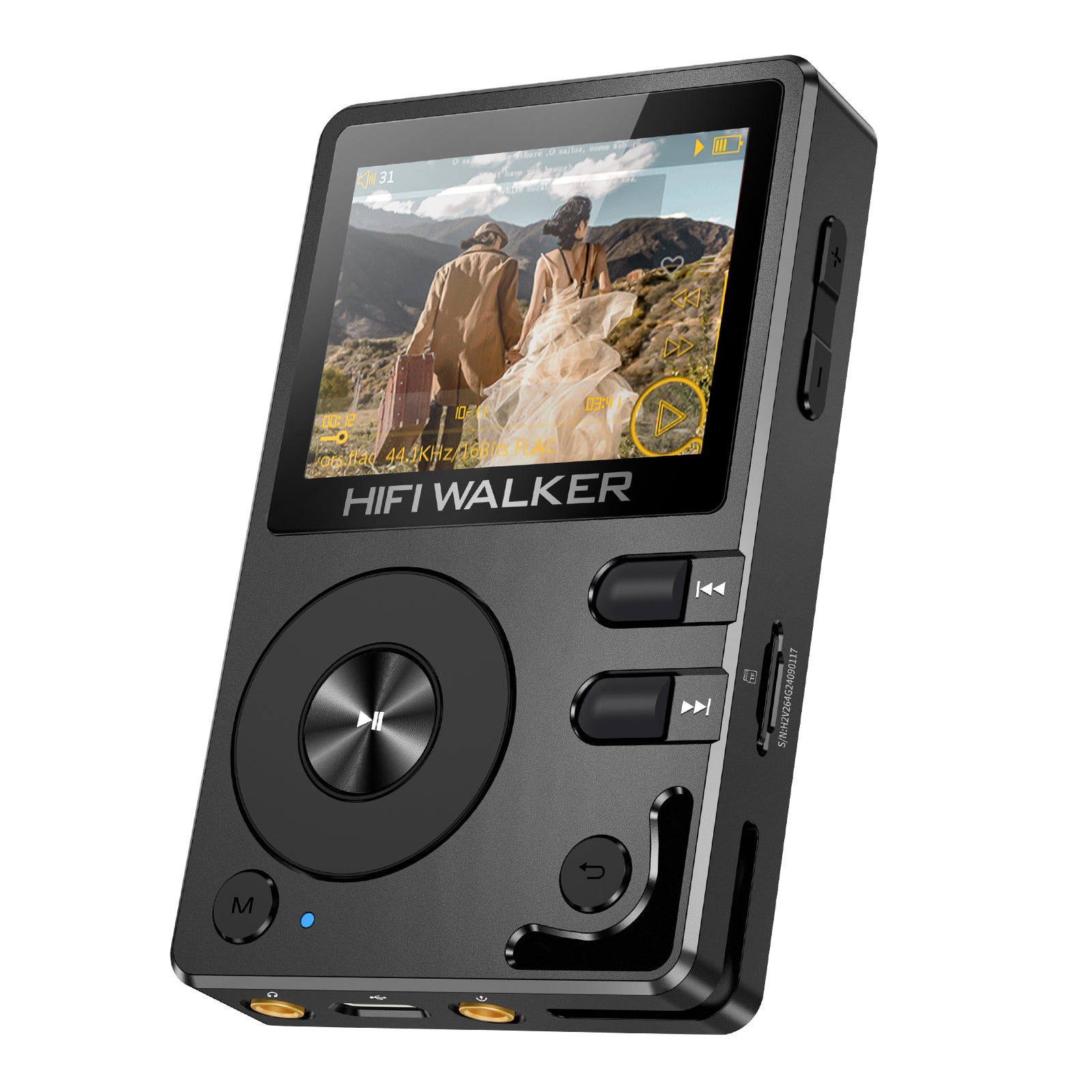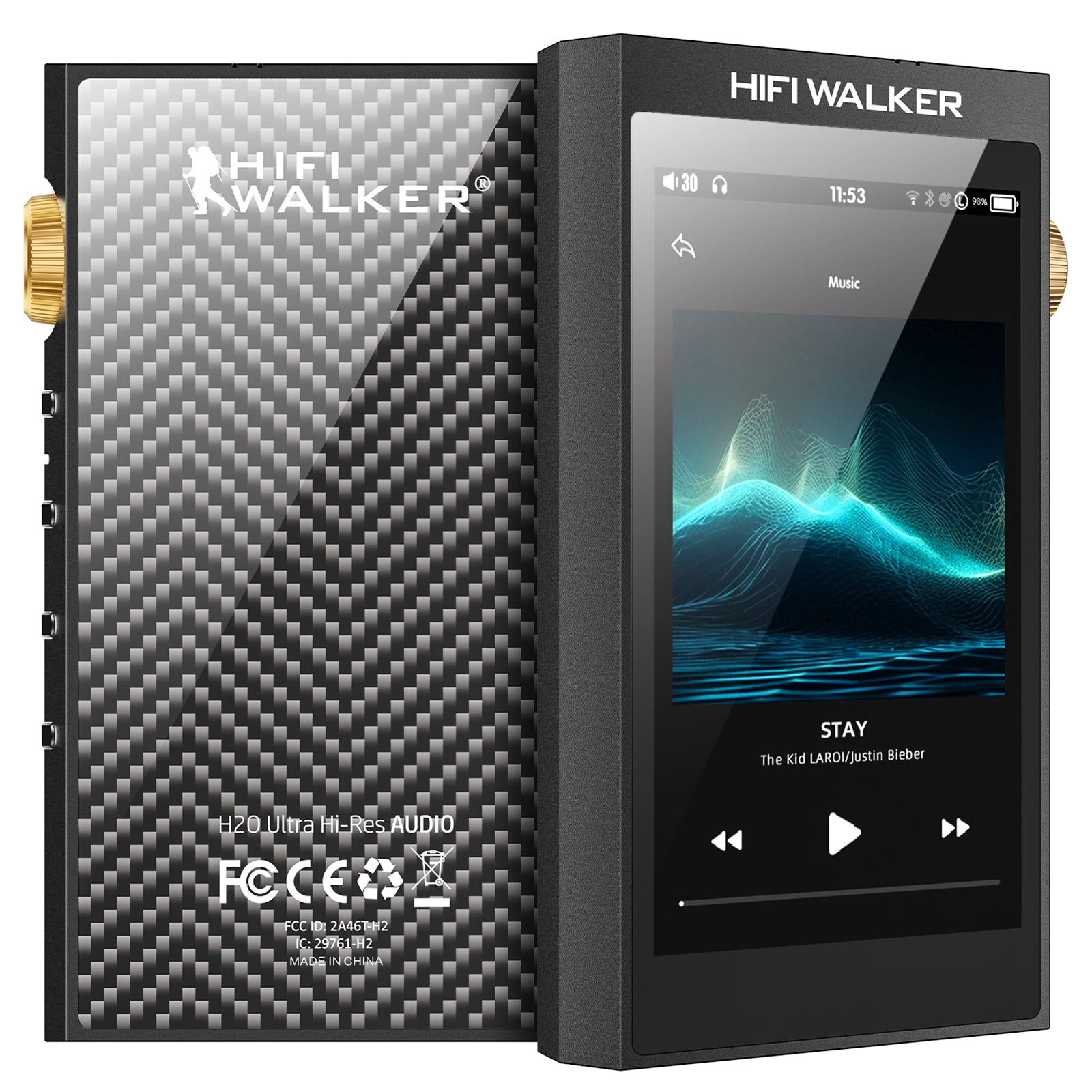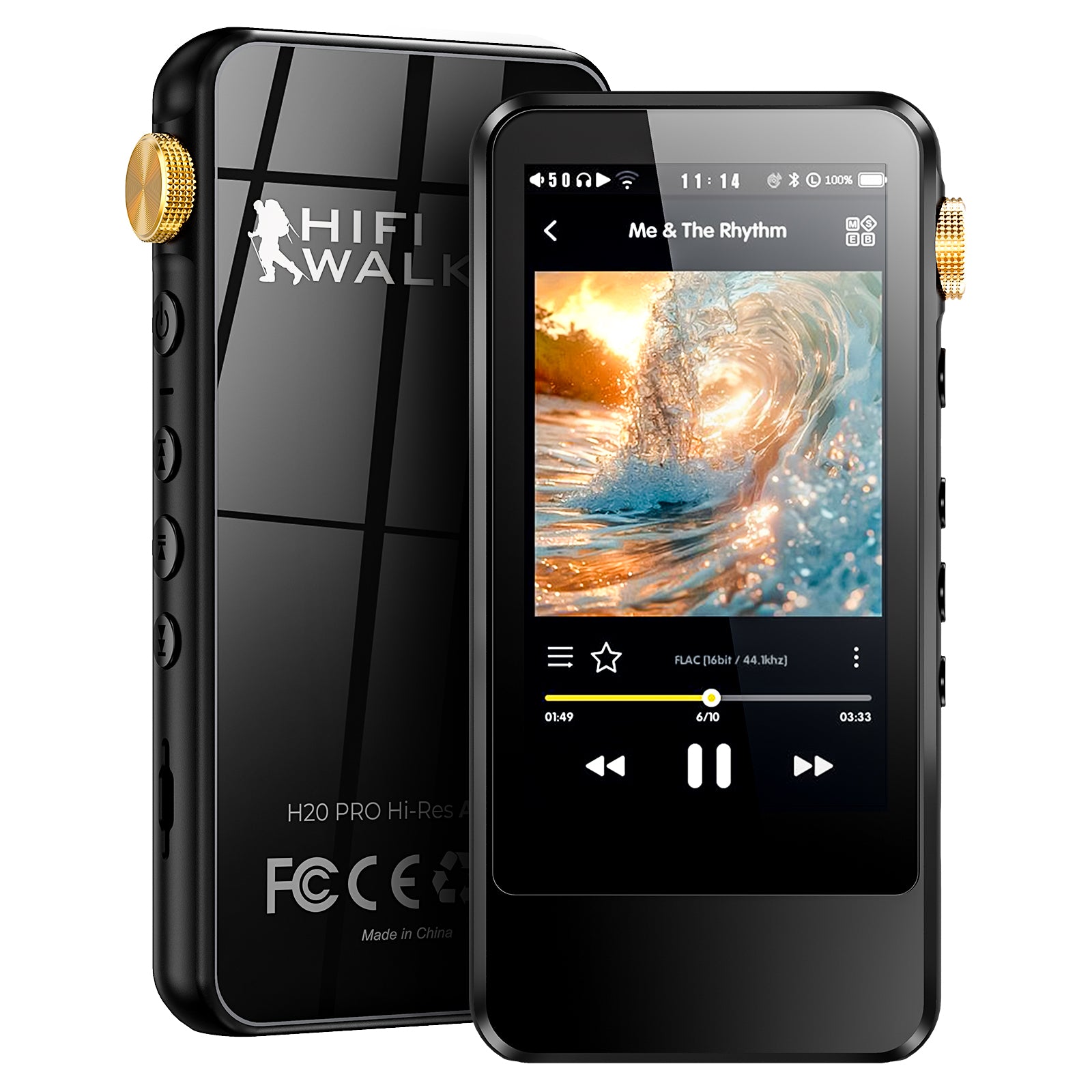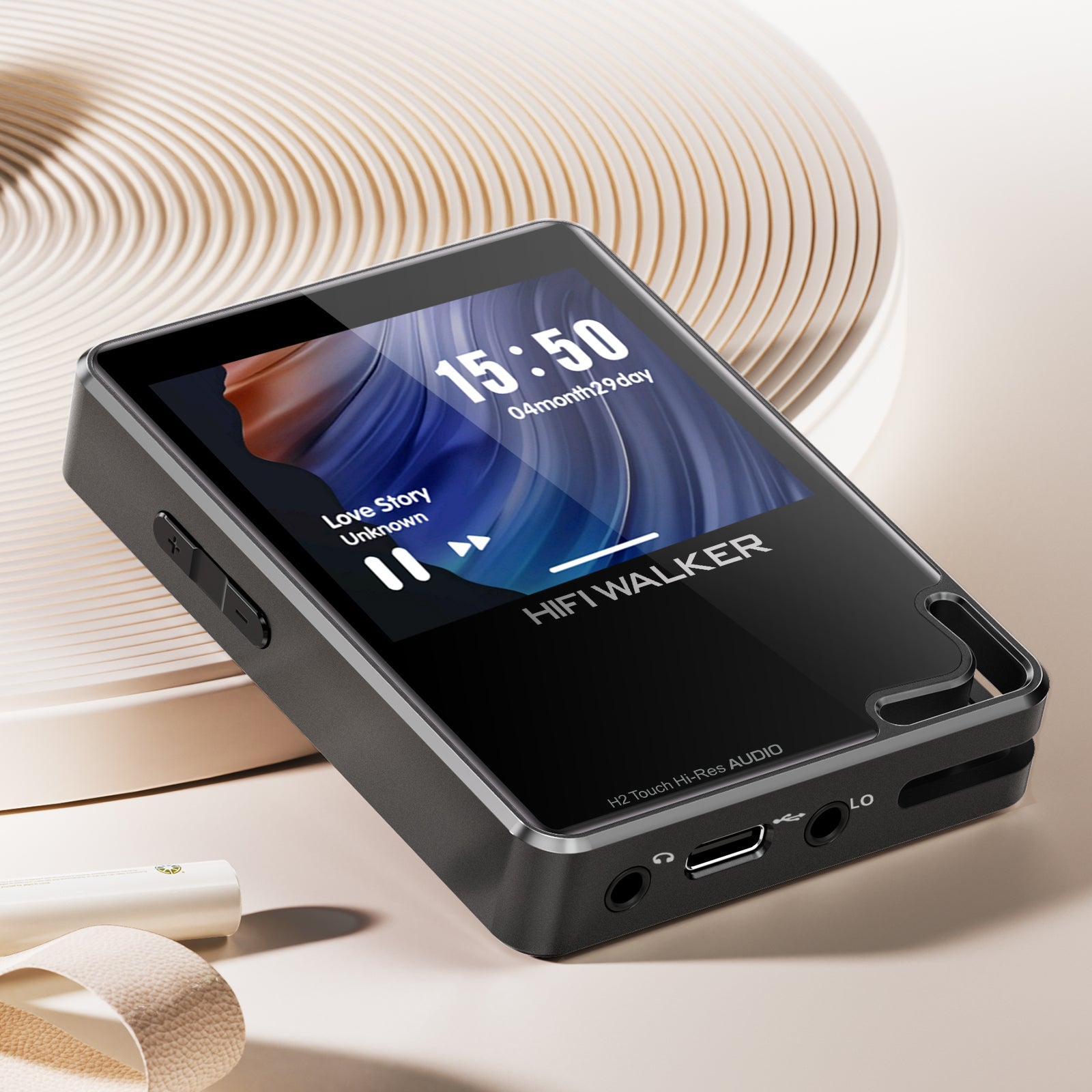The music industry is at the forefront of technological innovation, with AI playing the maestro in orchestrating the future of how we experience sound. From Google's Pixel Now Playing feature to the rise of smart earphones and digital audio players, AI is not only enhancing the listening experience but also redefining the creative process. This article delves into the latest trends and innovations in music players, exploring the impact of AI on music discovery, personalization, and the future of the industry.
Personalization and AI in Music Discovery:
Artificial Intelligence (AI) is at the forefront of a revolution in how we discover new music, with a significant 74% of internet users now turning to AI to uncover fresh tunes. This trend is largely attributed to the advanced algorithms used by music streaming giants like Spotify and Apple Music. These platforms harness the power of AI to analyze users' listening habits, offering personalized suggestions for similar music that aligns with individual preferences. This not only simplifies the process of finding new songs and artists but also significantly expands the musical horizons for users, introducing them to genres and creators they might not have otherwise encountered.
Beyond mere music curation, AI has also become an instrumental tool in the creative process itself. With the capacity to generate basic melodies in under 2 seconds, AI provides musicians with a plethora of options to explore and experiment with. These initial melodic ideas can then be developed into fully-fledged compositions, demonstrating AI's potential to enhance creativity in music production. This swift generation of musical concepts can save musicians considerable time and inspire new creative avenues, as they can swiftly navigate through a variety of melodic possibilities.
In essence, AI is transforming the landscape of music discovery by personalizing and simplifying the process, while also acting as a catalyst for creativity in the music production sphere. As AI continues to advance, its impact on the music industry is expected to become even more significant, presenting both challenges and opportunities for artists, listeners, and the industry at large.
Google's Pixel Now Playing Feature:
Google is upgrading its Pixel Now Playing feature to enable the selection of a default music player, simplifying the playback of recognized songs within the user's preferred app. This update underscores Google's dedication to user-friendly design, promising a more intuitive and customized listening experience.
![]()
The feature automatically recognizes music playing in the vicinity and displays the song details on the lock screen, utilizing a local music library for identification. This approach ensures user privacy as no data is collected or shared. It performs optimally with louder volumes and is exclusive to Pixel devices.
The forthcoming update will include a "Default music player" option in the Now Playing settings, streamlining the music experience by bypassing the need to choose an app each time a song is played.
The Rise of Smart Earphones and Digital Audio Players:
Activos' Q1 earphones, designed for the P1 digital audio player, exemplify the fusion of technology and music. These hybrid IEMs combine DITA's PM1+ 9.8mm dynamic driver with brass housing for rich bass and mids, and a Knowles balanced armature driver for crisp highs.
This high-quality audio setup meets the increasing consumer demand for superior sound and smart features in digital audio devices. The Q1 earphones reflect the market's shift towards more sophisticated audio experiences, highlighting the importance of both audio quality and advanced functionalities.
AI and Music Industry Statistics:
The music industry is currently undergoing a significant transformation with the integration of AI, as evidenced by the fact that 60% of musicians are now utilizing AI tools in their music projects. This indicates a substantial adoption rate and highlights AI's expanding role beyond composition. It now encompasses various aspects of music creation and production, including the generation of visual elements and technical processes, positioning AI as a versatile instrument in artists' creative arsenals.
AI's impact on music is multifaceted. It's not just about composing melodies; AI is also being used for personalized music recommendations by streaming platforms, AI-assisted mixing and mastering in production software, and even for talent scouting and trend prediction by major record labels. These applications showcase the versatility of AI in enhancing both the creative and operational sides of the music industry.
Moreover, the market for AI in music is growing rapidly, with forecasts suggesting that the industry powered by AI could reach $38.71 billion by 2033. This growth is driven by the increasing use of AI-generated music, which is expected to boost revenue in the music industry by 17.2% by 2025. The global AI in music market was valued at $2.9 billion in 2024, with cloud-based solutions dominating the market share at 71.4%. These statistics underscore the significant financial implications of AI's integration into the music industry.

Immersive Experiences with VR and AR:
The music industry is on the brink of a revolution with the integration of Virtual Reality (VR) and Augmented Reality (AR) technologies, which are redefining the way live music is experienced. These technologies offer dynamic and interactive ways to engage with music, significantly enhancing the connection between artists and audiences .
VR has the potential to completely transform music consumption and creation by simulating intense concert environments or placing users in a recording studio, providing a fully immersive music experience from the comfort of one's living room . For instance, 360-degree sensors and cameras could be placed at live concerts, allowing consumers to live-stream the concert with a VR headset and experience the action in real time . This not only provides an authentic concert feeling from anywhere in the world but also opens up new revenue streams for artists and venues .
AR capabilities can further enhance the immersive experience by adding animated effects such as fireworks, changes in weather conditions, or even alterations in the artist on stage . This technology allows for a more personalized and interactive concert experience, where the audience can engage with the performance in a way that was previously impossible .
The combination of VR and AR in live music is expected to grow, with the global market for AI music technology projected to reach $8.1 billion by 2030 . This growth is fueled by the increasing adoption of AI-driven tools in music technology companies, with over 85% of them developing AI-driven tools . The rise of these technologies in the music industry is not limited to digital platforms; they are also impacting live performances, music education, and hardware development, broadening their scope and influence .

Conclusion:
The music player industry is at an exciting crossroads, with AI and personalization driving innovation. As we look to the future, we can expect music players to become even more integrated into our daily lives, offering a seamless and personalized listening experience. Whether it's through Google's Now Playing feature, smart headphones, or digital audio players, the evolution of music players is set to redefine how we consume and interact with music.
At HiFi WALKER, we're committed to innovation at the intersection of music and tech. Our high-fidelity MP3 players, such as the H20 Pro and HIFI Android models, are designed with audiophiles in mind. Explore our site, https://hifiwalker.com/, for the best in sound quality and stay connected for the latest in music player advancements.
Editor's Note:
This article discusses the transformative impact of AI on the music industry, drawing insights from various sources and recent developments. The content is intended to provide a comprehensive overview of the current trends and is not a direct reproduction of any single source.

